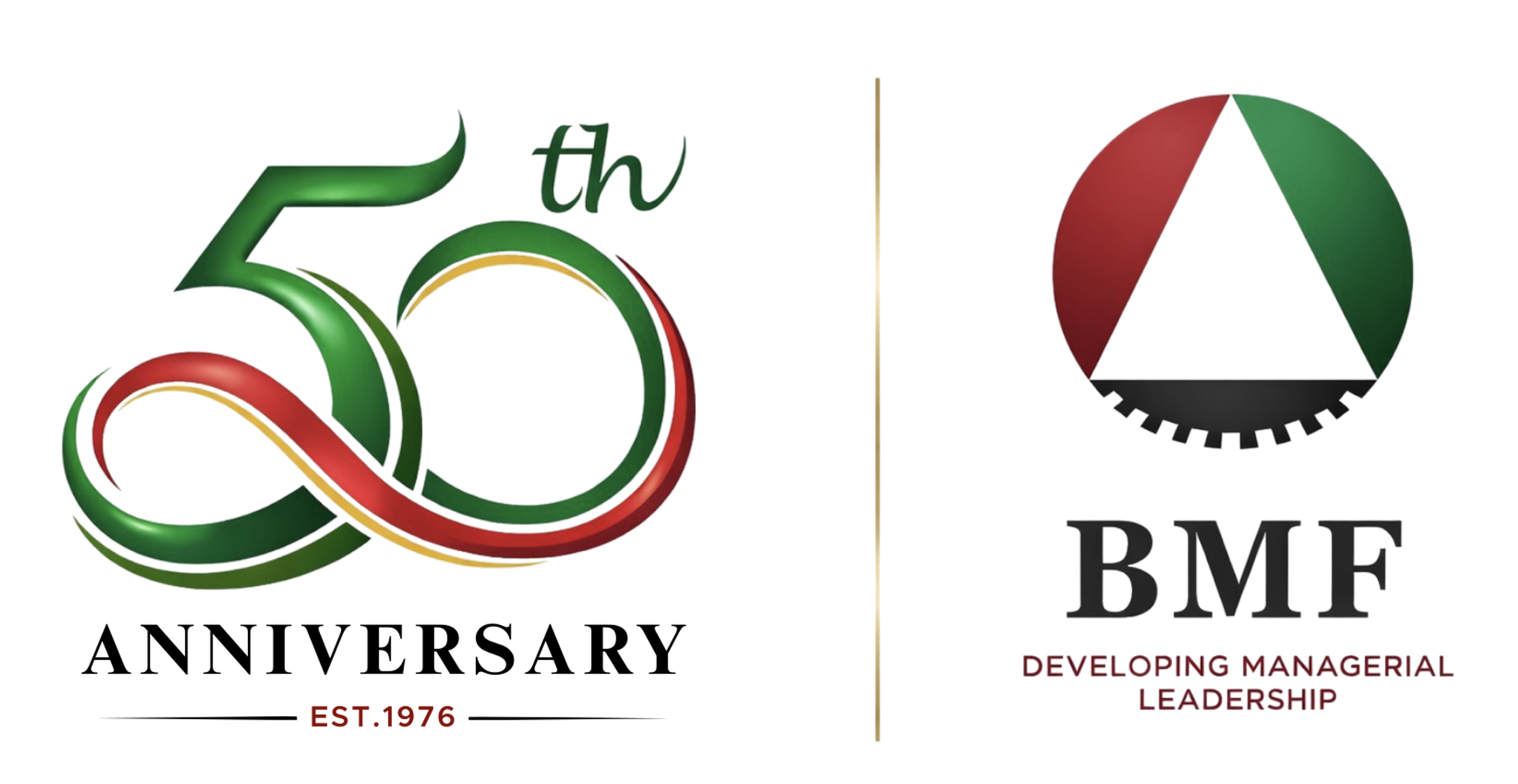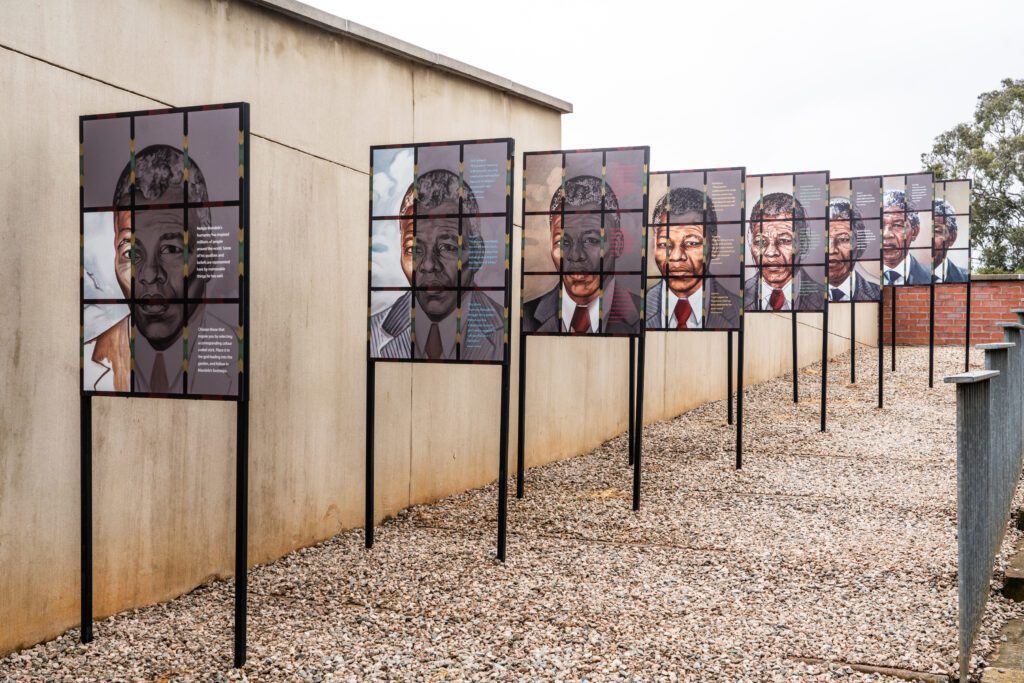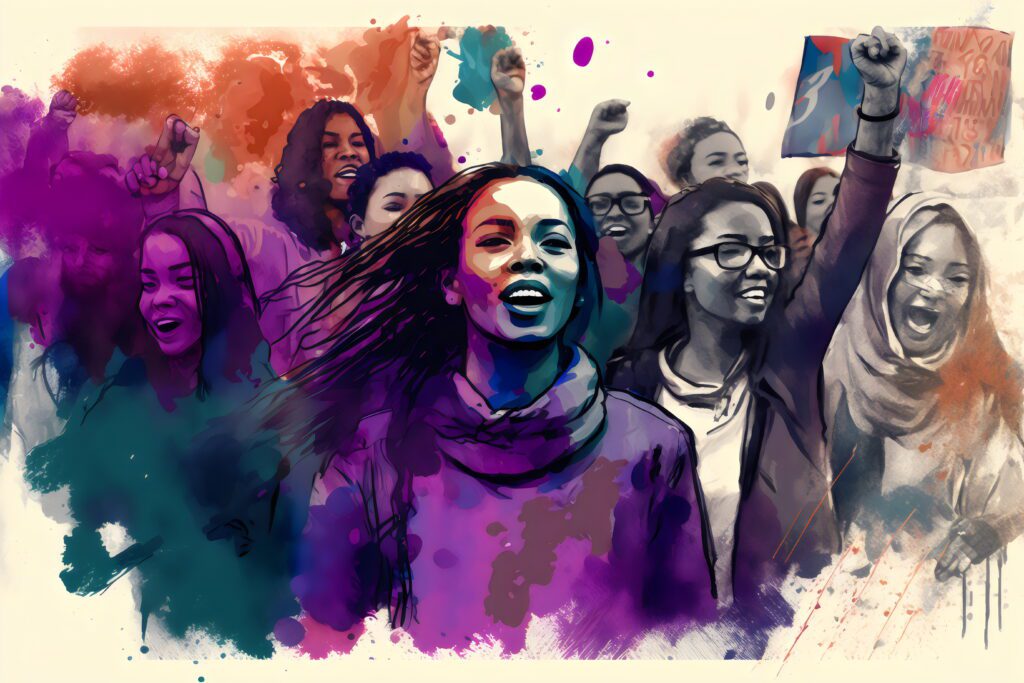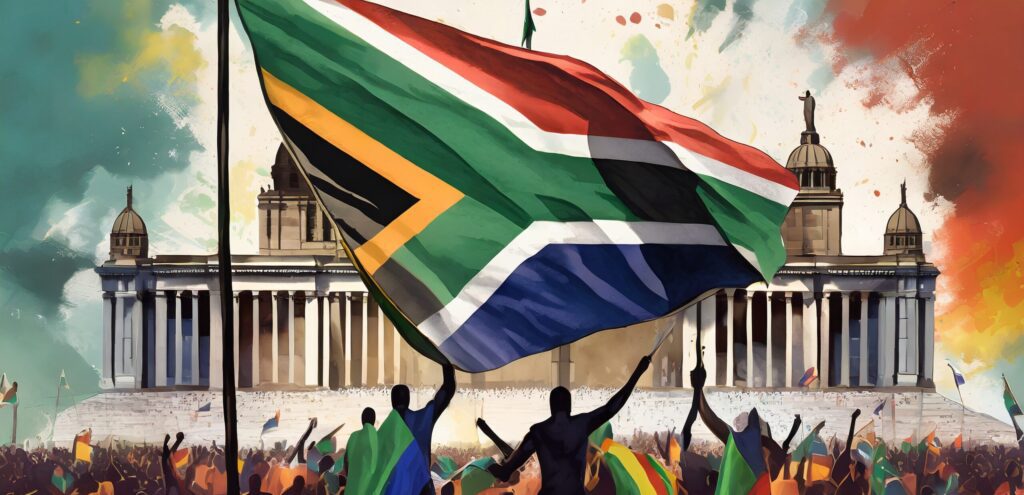Transformation & Growth: The Untapped Power of South Africa’s Black Middle Class

The republic of South Africa has entered into a new phase politically, and this will have implications for the transformation agenda going forward. In one of the timeless quotes from Lot Ndlovu, sharing his views on the role of the black middle class in SA he said, “South Africa belongs not only to those who live in it, but it belongs more to those who love it and should include a committed middle class, a committed black middle class”. This phase we have entered will clearly separate those who merely live in the country and those who genuinely love the country. Our collective commitment to prospering our nation will be tested in the next five years and in particular, our attitude towards transformation. Are we just residents or are we active lovers of the country?
The future beckons with all its challenges and opportunities, central to this is the notion of economic growth and transformation. We need to wrap our minds around how these two concepts interplay and why they must be done together, not either or. Business as a key driver of the economy should begin to view economic growth as a byproduct of transformation and not as an obstacle. We are beginning to see the continuous call for Affirmative Action and Broad-Based Black Economic Empowerment to be removed, and the argument is based on economic growth and merit. Merit is like beauty, it’s subjective and is usually driven by the one who makes decisions. Outside of technical ability and basic requirements, values play a deeper role in selecting both individuals and businesses for opportunities.
What is economic growth and what is transformation?
Economic growth simply put is the increase in the production of goods and services within a certain period. This is measured through GDP, which includes investment, consumer spending, net exports and government spending. Growth in our country is driven by our ability to spend which creates income on the other side. The combination of consumers, government and business spending in the country is meant to drive growth in either increase in current goods and services wanted, or drive growth in new goods and services. The other key economic equation is the factors of production, land, labour, capital and entrepreneurship. This equation is the foundation of every economy, and thus it must be linked to transformation.
Transformation, or rather socio-economic transformation is the process of fundamentally changing conditions, structures, policies and laws that hinder the optimum use of the countries human, intellectual, cultural, and business resources. Embedded in their optimum use is the idea that we must create a globally competitive economy with black people at the heart of it.
In linking economic growth and transformation one now should understand that black people must be involved in all four factors of production. They should not be relegated to labour and providing only that to the economy, and it is not the portion of black people to remain economically mute, but it is crucial that the involvement of black people in all four factors is seen and felt, because it will expand both the
So, if the country and now the new government of national unity is committed to making South Africa a globally competitive nation, transforming all factors of production must be a top priority. This is therefore done through Affirmative Action and B-BBEE. If indeed these transformational laws are pushed back, how will the country transform and grow? If focus is not given to black people who largely remain outside of the key factors of production, we will be fueling an angry society and paying lip service to the constitution and the dream of Nelson Mandela.
Therefore, the black middle class has been created not only through their merit, but also because of the B-BBEE project in the country. Many talented black leaders would not have been known if these policies did not exist. There is a need to deepen these gains, even though we do not have gains at a critical mass level but deepening them we must. Management control in the B-BBEE framework needs to become a key priority, along with ownership and skills development. Management control has power to drive organisations and this power must be placed in the hands of black people, who will then ensure that these organisations fully participate and become more involved in the great task of transforming society at large.
The GNU has the responsibility of setting this tone for the country, in focusing on developing a world class country and ensuring that transformation takes center stage. Those that will lead in different areas must make transformation the core of their roles and oversee the fundamental shifts in policy, structures, and laws in making transformation a reality. As Lot Ndlovu said, we are not only residents in South Africa but we must love our country, this will be the test, a dormant resident or a citizen who actively loves the country.

About the Author
Monde is a Managing Director at the BMF, drawing from his rich experience as the trailblazing former Head of Thought Leadership within the organization and his past consultancy work in African Leadership development. In addition to his pivotal role at BMF, Monde lends his expertise as a non-executive Board member of the PGA of South Africa and as a Trustee of The Maduke Lot Ndlovu Legacy Trust. Furthermore, Monde’s influence extends to his advisory roles on two boards, Bolwa Security Services and Vogue Exchange. His commitment to professional excellence is underscored by his membership with Directors Association, where he holds the esteemed designation of Professional Director.
He earned his BBA degree from UNISA, furthered his qualifications with a Post-graduate diploma in Management Practice from Henley Business School, and an MBA graduand.






Responses